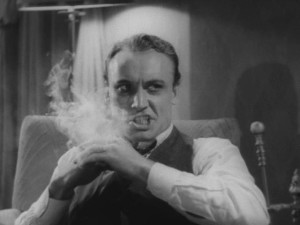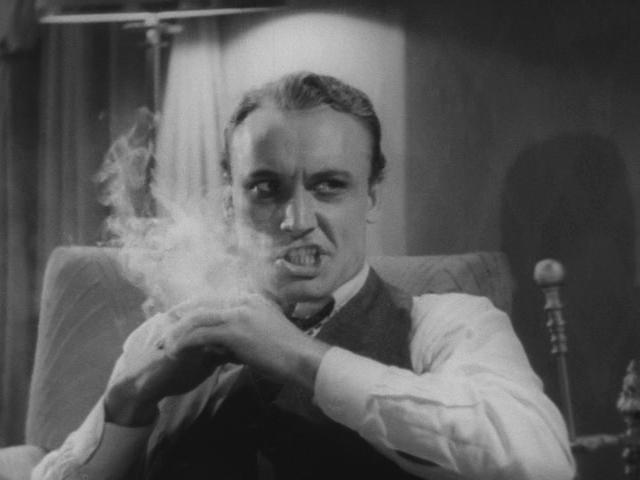 Sometime around 1975, I went to see the film “Reefer Madness.” I was probably stoned, because that was what you did. You smoked pot and went to see the movie. But that was a long time ago. These days I’m on the other side of the movement to legalize marijuana. Being a drug and alcohol counselor for over thirty years and seeing the negative consequences of drug use and abuse can do that to you.
Sometime around 1975, I went to see the film “Reefer Madness.” I was probably stoned, because that was what you did. You smoked pot and went to see the movie. But that was a long time ago. These days I’m on the other side of the movement to legalize marijuana. Being a drug and alcohol counselor for over thirty years and seeing the negative consequences of drug use and abuse can do that to you.
A few years ago I taught a Sociology of Deviant Behavior course at Grove City College, and showed the film to my class. The students didn’t express concerns; I didn’t think they would. But I heard that while some of their parents thought it was “cool” that a professor at a conservative Christian college would show the film, others weren’t pleased.
“Reefer Madness” was released as “Tell Your Children” in 1936. Financed by a small church group, it was supposed to inform parents of the dangers of smoking marijuana. During filming, the cast was asked to “hoke” it up—be campy and melodramatic. Scenes like the one pictured here where the character Ralph demands that the piano be played “Faster … Faster!” come to mind.
Soon after the film was completed, it was purchased by Dwain Esper, who renamed it “Reefer Madness” and put it on the exploitation cinema circuit. Several new movies each year would travel from town to town on the circuit. Each addressed a socially problematic behavior. Films like “Reefer Madness” and “Cocaine Fiends” would be announced in a town with huge posters that screamed, “THE MOST VITAL PICTURE OF ALL TIME” and “YOU MUST SEE IT.”
Theater lobby displays for movies warning of the dangers of drugs contained hypodermic needles, simulated reefers, and other drug paraphernalia. “Esteemed” lecturers would tell of the dangers of drugs, venereal disease, or whichever problem behavior related to the film—and then urge filmgoers to buy their educational booklets.
Amidst this onslaught of hype, the movie itself almost became an afterthought. After a brief release, “Reefer Madness” was forgotten for decades. Neither Esper nor the original filmmakers bothered to copyright the movie and it eventually fell into the public domain. Watch a version of “Reefer Madness” here on YouTube.
In 1971, Keith Stroup, the founder of NORML (National Organization for Reform of Marijuana Laws), bought a print of Reefer Madness for $297. He cleaned it up and started showing it at pro-pot festivals. Robert Shaye, the head of the newly formed New Line Cinema film company, saw the film and recognized its potential as a campy classic. Shaye booked the film onto the college and midnight movie circuits, where it was huge hit. That’s where I first saw it.
I was reminded of the theatre surrounding “Reefer Madness” recently when I read an article on The Huffington Post about the first hemp harvest in Colorado: “This is What the End of Hemp Prohibition Looks Like.” The farmer, Ryan Loflin, had volunteer harvesters from five different state and two different countries. They received a t-shirt and a free lunch for their efforts.
It does seem that the tide has changed, as the legalization of marijuana and hemp continues to gain political support. But it’s not necessarily heading to a better world. “Reefer Madness” was hokey and melodramatic, but it had a core of truth to it. A 2007 study found an increased risk of psychosis later in life from using cannabis. I’ve also gathered and summarized additional studies showing the negative consequences of cannabis use in “Marijuana Research Findings.” Hmmm … Maybe someone needs to make an updated, less hokey “Reefer Madness” film.





